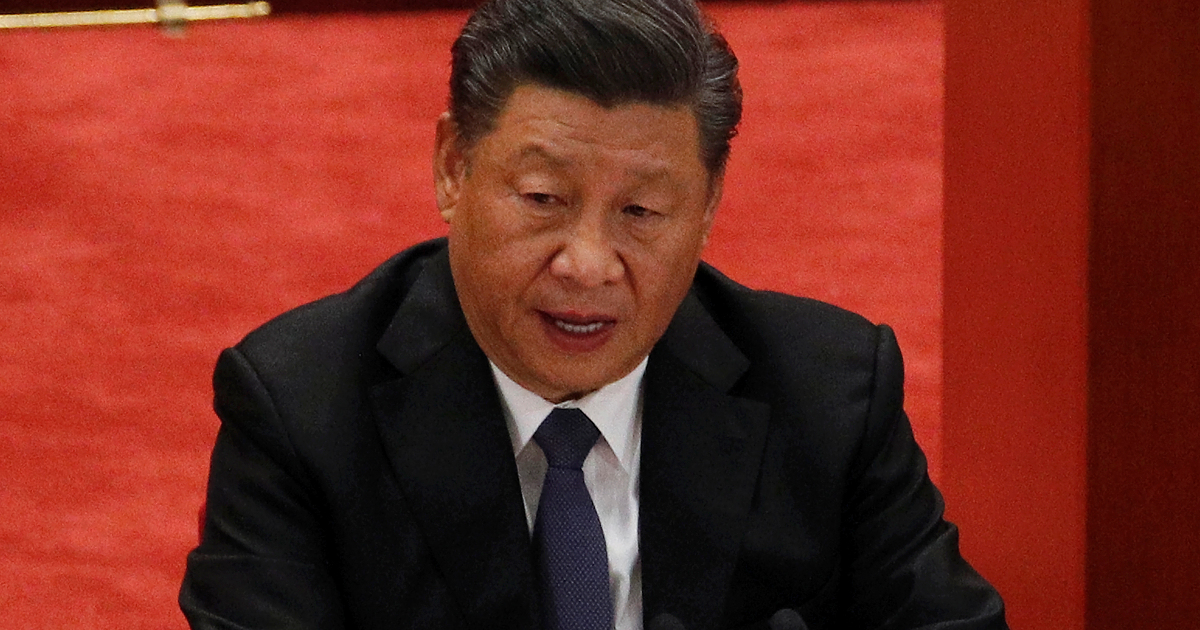US and European Union agreed to work with China over rivalry on Asia Pacific seas over the fear of China’s problematic and unreal actions. They have also expressed strong concerns over countries actions.
In a joint statement following a high-level meeting between top diplomats Wendy Sherman, deputy secretary of state, and Stefano Sannino, European External Action Service secretary general, the two said China’s actions in the South China Sea, East China Seas and Taiwan Strait “undermine peace and security in the region and have a direct impact on the security and prosperity of both the United States and European Union.”
China claims the South China Sea almost in its entirety despite an international court ruling that rejected its historical claim. The country has been developing artificial islands and military outposts in the waters backed up by its Coast Guard and its so-called maritime militia. Its assertive posture has led to confrontations with other countries that claim the sea, most recently in the Philippines’ exclusive economic zone at Second Thomas Shoal.
Vietnam, Malaysia and Brunei also claim parts of the sea, and US vessels have been carrying out so-called “freedom of navigation” transits in the area, which is one of the world’s most important trading routes.
The statement noted the need for the US and EU to maintain “continuous and close contacts on our respective approaches as we invest and grow our economies, cooperate with China where possible, and manage our competition and systemic rivalry with China responsibly.”
The US-EU Dialogue on China was set up earlier this year, and the statement followed its second high-level meeting.
Sherman and Sannino discussed the “growing list of China’s actions that are of concern, including those that breach international law and run counter to the shared values and interests of the United States and the EU”.
Human rights abuses in Xinjiang, where some one million mostly Muslim Uighurs are reported to have been sent to reeducation camps; the crackdown in Hong Kong; the situation in Tibet; and the spread of disinformation “sponsored or supported” by China were also discussed.
The meeting also noted the importance of diplomacy with China, particularly where interests intersect and where constructive cooperation is possible, such as climate, Iran and the Korean peninsula.
The next high-level meeting is expected to take place in mid-2022.

Leave a Reply